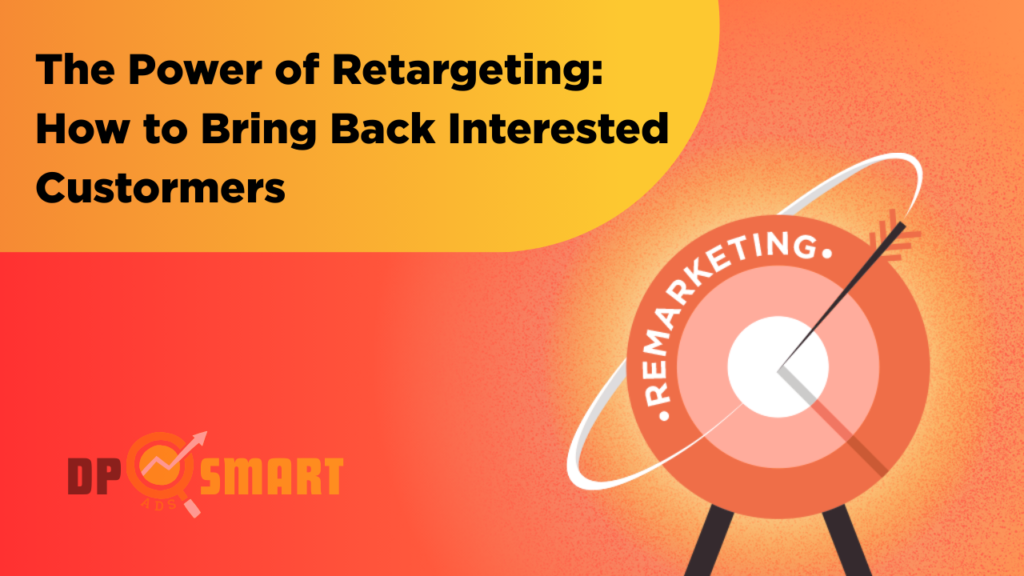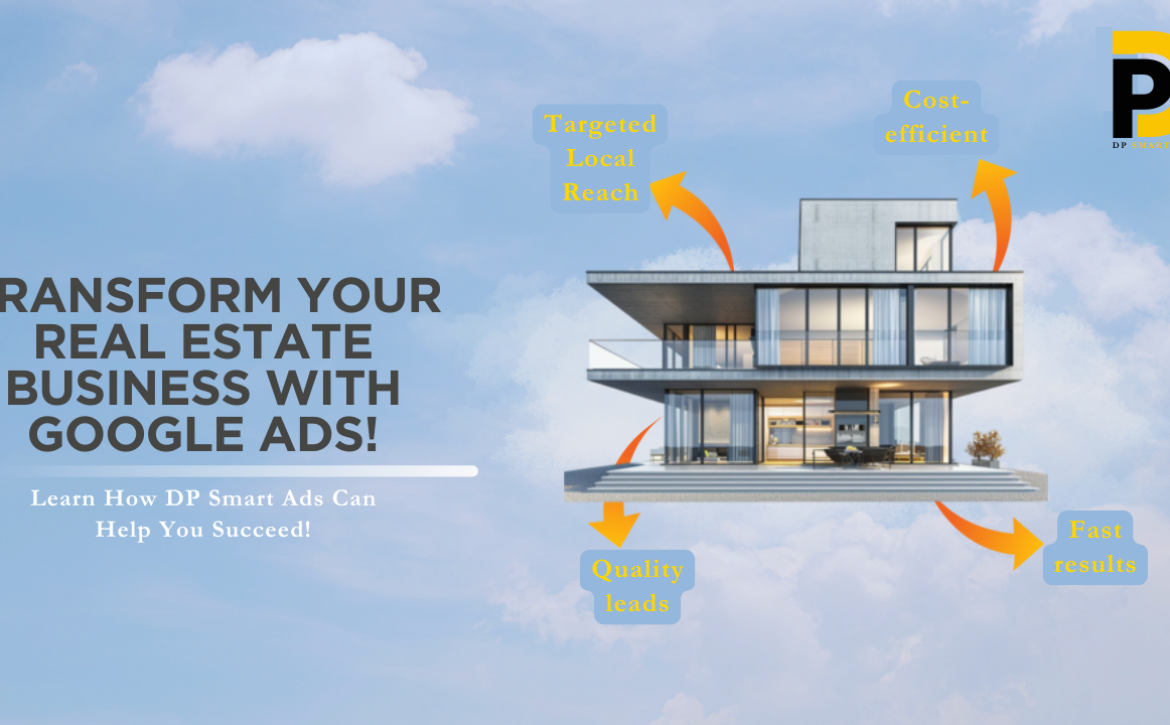How Online Advertising is Changing the Real Estate Industry

The real estate industry has undergone a dramatic transformation with the rise of digital advertising. Traditional methods like newspaper ads, billboards, and direct mail are now being replaced by powerful online marketing strategies that offer better reach, targeting, and conversion rates. Here’s how online advertising is reshaping the real estate industry.
1. Reaching a Wider Audience
With online advertising, real estate businesses can reach a global audience. Unlike traditional ads, which are limited to specific locations, digital ads can target potential buyers from different cities, states, or even countries. Platforms like Google Ads, Facebook, and Instagram allow realtors to promote properties to a broader yet highly targeted audience.
2. Precision Targeting with Data-Driven Ads
Digital advertising enables real estate businesses to target potential buyers based on:
- Demographics (age, income, location)
- Interests (real estate, home improvement, investment properties)
- Search Behavior (people actively looking for properties online)
- Retargeting (showing ads to users who previously visited a website but didn’t take action)
This precision targeting ensures that ad budgets are spent effectively, reaching only those who are genuinely interested in buying or investing in real estate.
3. Cost-Effective Lead Generation
Compared to traditional advertising, online ads provide better ROI. With Google Ads and social media campaigns, real estate businesses pay only when someone clicks on their ad (Pay-Per-Click model). This ensures that every dollar spent is focused on generating quality leads rather than broad, untargeted exposure.
4. Video Marketing and Virtual Tours
One of the biggest changes brought by online advertising is the rise of video marketing and virtual tours. Buyers can now view high-quality property videos, 3D walkthroughs, and drone footage, making it easier to explore properties without visiting in person. Platforms like YouTube, Instagram Reels, and Facebook Live have become essential tools for real estate marketing.
5. Social Media’s Influence on Home Buyers
Social media platforms play a huge role in modern real estate advertising. Realtors and developers use Facebook, Instagram, and LinkedIn to:
- Showcase property listings
- Share client testimonials
- Conduct live Q&A sessions about properties
- Use paid ads to reach potential buyers instantly
6. Automated Chatbots & AI-Powered Lead Nurturing
AI-driven chatbots and automated messaging tools help real estate businesses engage with potential buyers 24/7. Chatbots on websites and social media pages can answer queries, schedule property visits, and even provide financing options, improving customer experience and increasing conversion rates.
7. Analytics & Performance Tracking
Unlike traditional advertising, digital marketing allows businesses to track ad performance in real time. Using tools like Google Analytics, Facebook Insights, and CRM integrations, realtors can measure:
- Click-through rates (CTR)
- Conversion rates
- Cost per lead (CPL)
- Return on ad spend (ROAS)
These insights help real estate marketers optimize their strategies for maximum impact.
8. Mobile-Friendly Marketing
With more buyers searching for properties on their smartphones, real estate businesses must prioritize mobile-friendly ads and websites. Google prioritizes mobile-responsive sites, ensuring better visibility and higher engagement rates for listings.
Conclusion
The shift to online advertising has revolutionized the real estate industry, making property marketing more efficient, targeted, and cost-effective. With digital tools like Google Ads, social media marketing, and AI-powered chatbots, real estate businesses can attract high-quality leads, improve customer engagement, and close deals faster than ever before.
🚀 If you’re looking to grow your real estate business with high-performance digital ads, DP Smart Ads Agency is here to help! Contact us today to start your journey into the future of real estate marketing.






